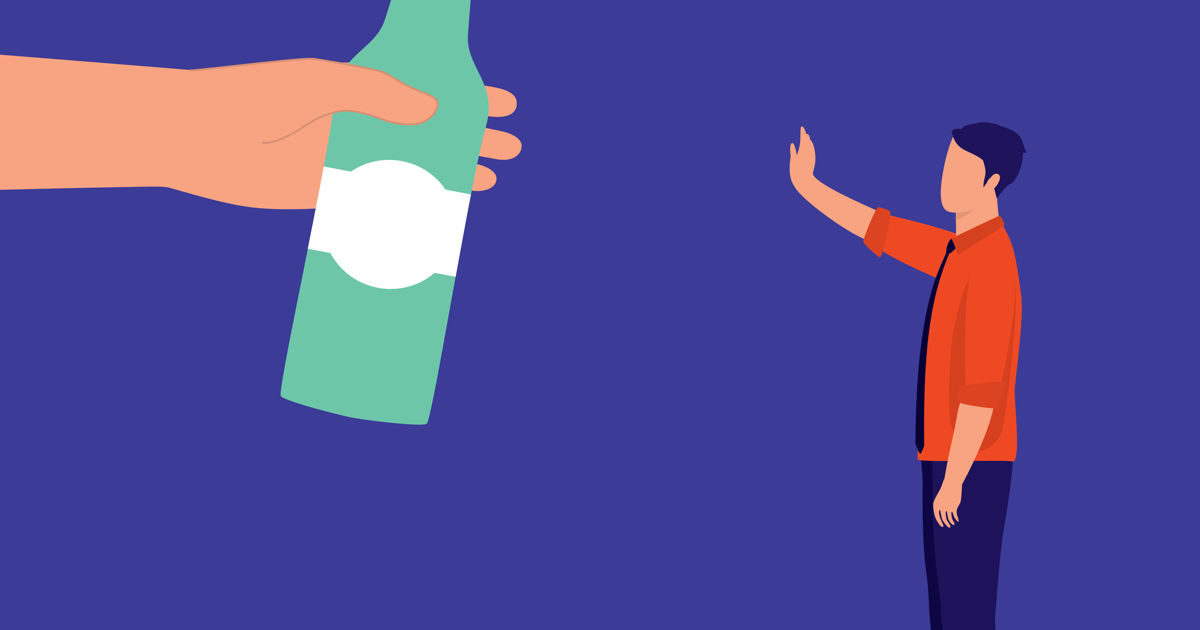Drink in the change: why alcohol brands need to tap into modern culture
Guinness is the latest drinks brand to release a no-alcohol version amid younger people's shift away from alcohol consumption. We speak to four agencies and ask whether successful alcohol brands should fear the new generation's less booze-fuelled focus.
Lee Geraghty, Partner and Head of Market UK, jump! Innovation
When you’ve built your business based on alcohol and the cultural shift occurring around you is a move toward avoiding or reducing alcohol consumption – especially among that highly desirable younger generation – the only thing to do is face the fear. Indeed, more than face it, brands should embrace it.
As the no/low-alcohol space becomes more crowded, there are a couple of key challenges for brands looking to break into this category. Firstly, they must deliver a point of functional brilliance: drinkers don’t want zero alcohol to feel like a compromise, so it’s imperative to have a style and flavour profile that delivers, consistently. Think new Zero IPAs, new American Pale Ales, new chocolate stouts, new Pilsners and new types of spirits, from smoked whisky alternatives, to cocktails, to rums.
When the cultural shift occurring around you is a move toward avoiding or reducing alcohol consumption the only thing to do is face the fear.
Secondly, they need to create something meaningful: be really clear about the role the brand, and product will play in socialising and food culture. The landscape of nightlife, festivals, weekend drinking, mid-week food occasions are shifting, opening up exciting new opportunities for zero-alcohol beers and spirits to play a role. And, thirdly, don’t be dull or overly serious: the trap that many brands fall into when exploring this space is focusing too much on abstinence and health and wellbeing.
The best propositions deliver with some edgy energy; they reflect an open, confident, spirited attitude and that’s engaging for people. The brands that will thrive in the changing cultural landscape are those willing to innovate, pioneer new products, new tastes, new drinking occasions, new cultural expressions and collaborations, and do so with a bit of humour and attitude.
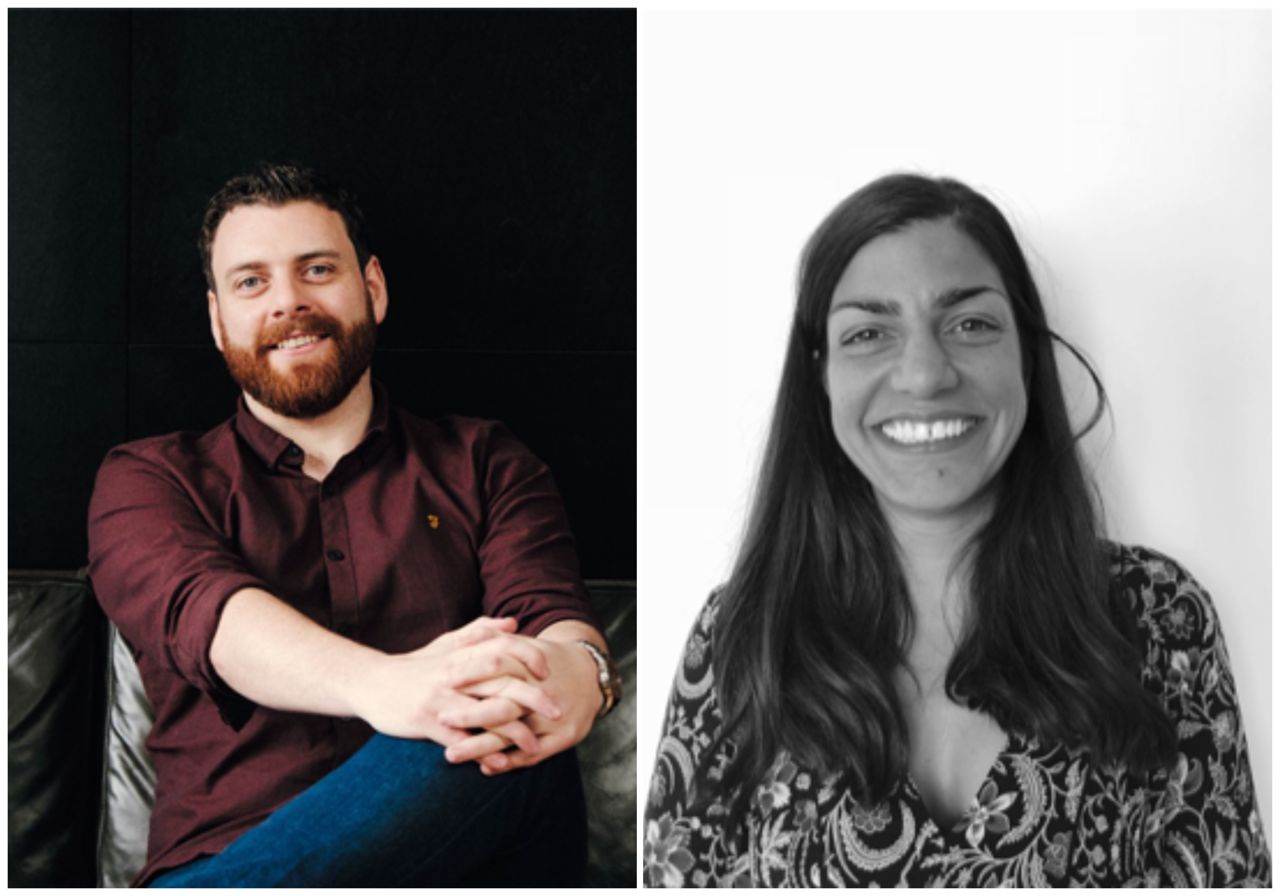
Above: Lee Geraghty and Rowena Prest.
Rowenna Prest, Chief Strategy Officer, Joint
For a number of reasons, including health concerns, cost and the fact that any drunken error can find itself on social media before you can shout “hold my hair”, Gen Z are drinking a lot less than their predecessors. In fact YouGovt tracking shows that they’re more likely to choose a non-alcoholic drink than a pint of beer, wine or even the entry level spirit with a mixer. And, according to [drink market analysts] IWSR, no-alcohol sales volumes have jumped by 21% since 2018.
Is this approach of changing everything and nothing really in-step with what Gen Z wants?
This isn’t new news, hence the array of 0% alcohol now on offer by pretty much every major alcohol manufacturer. But, apart from removing the alcohol, nothing else has changed. Alcohol brands' distribution, right through to their approach to communications, still assume people will be going out to socialise in a fun-filled night of extroversion, whether it’s in a bar or on a picture perfect beach. Is this approach of changing everything and nothing really in-step with what Gen Z wants?
Gen Z don’t just drink less; as we all know, they are the first generation of digital natives and, as such, a lot of their social world is online. It’s hardly surprising then that 30% of young people find it hard to make new friends, feeling isolated and unsure in 'real world' situations. To truly cater to the seismic cultural shifts that have happened and remain relevant, maybe alcohol brands need to relook at what business they are really in and package it up for now. Maybe they’re not in the business of alcohol, maybe they’re in the business of socialising in all its forms, or creating meaningful connections, or building confidence - the potential is endless. And, when you start from this point, a more radical, future-proofed offering will surely come to the fore.
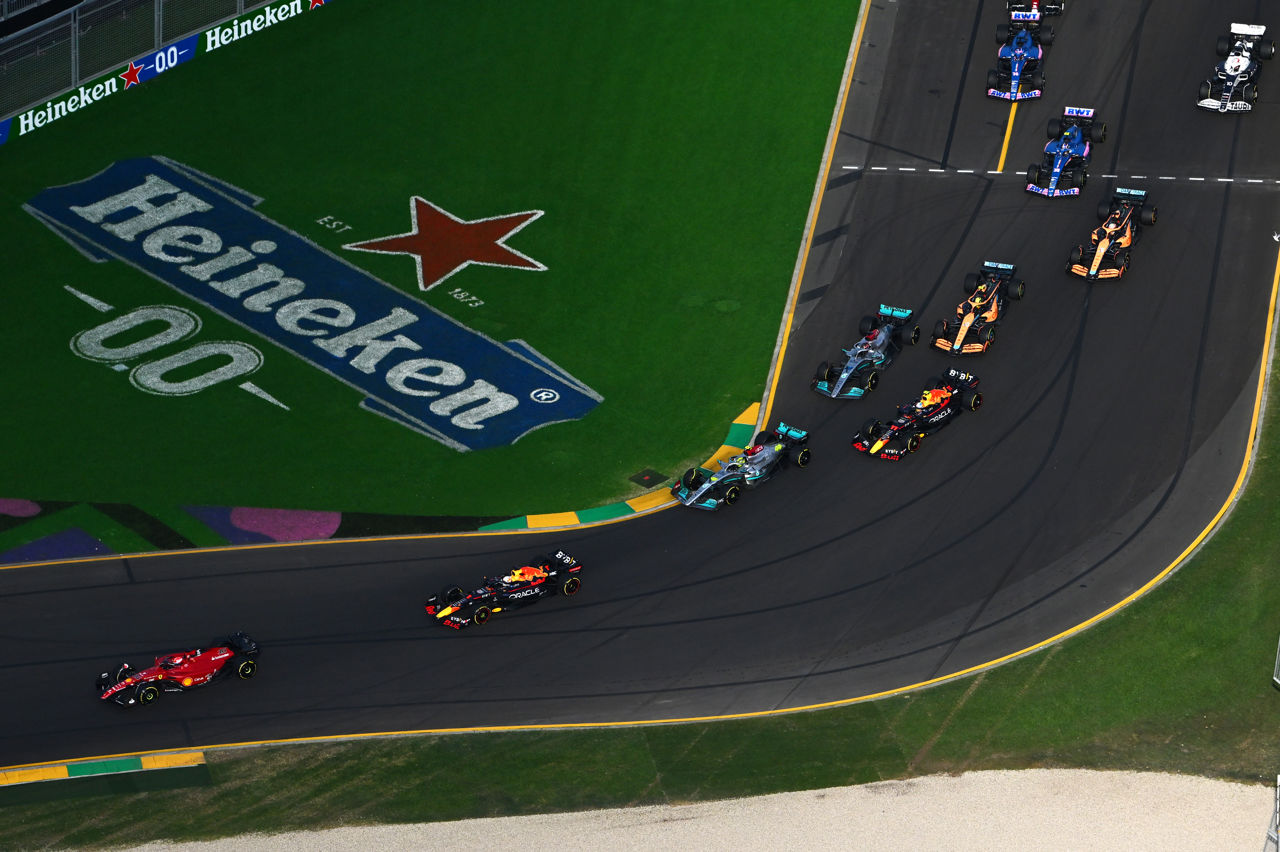
Above: Heineken's 0% lager is a sponsor of Formula One.
David Balko, Chief Client Officer, Tribal Worldwide
Ahh, the late 90s; such heady times. London was mainly fuelled by alcohol, and we all drank it gladly. The point is, alcohol played a huge part in culture then. Now, things are very different. We see huge amounts of zero alcohol products and a large proportion of Gen Z’s deciding not to drink at all. I suspect even more Gen Alpha’s will shun alcohol in years to come.
The challenge will be to develop products that taste good, but not of legacy alcohol products.
It’s interesting that Formula One has embraced this with Heineken’s sponsorship; 0% alcohol, of course. While the partnership was considered unlikely to start with, it gave Heineken the chance to tap into a huge platform to promote their responsible drinking campaign, “When you drive, never drink”. Drinking and driving can be acceptable as long as alcohol isn’t involved.
The other key thing is the product has changed, and for the better. For those of us who conspicuously drink less these days, it’s acceptable to have a zero-alcohol product and it doesn’t have to be lemonade. The brewers and distillers are realising this and catering for a growing audience. The challenge will be to develop products that taste good, but not of legacy alcohol products. These will cater for the people who don’t want to drink products that are traditionally alcoholic, but are now without alcohol.
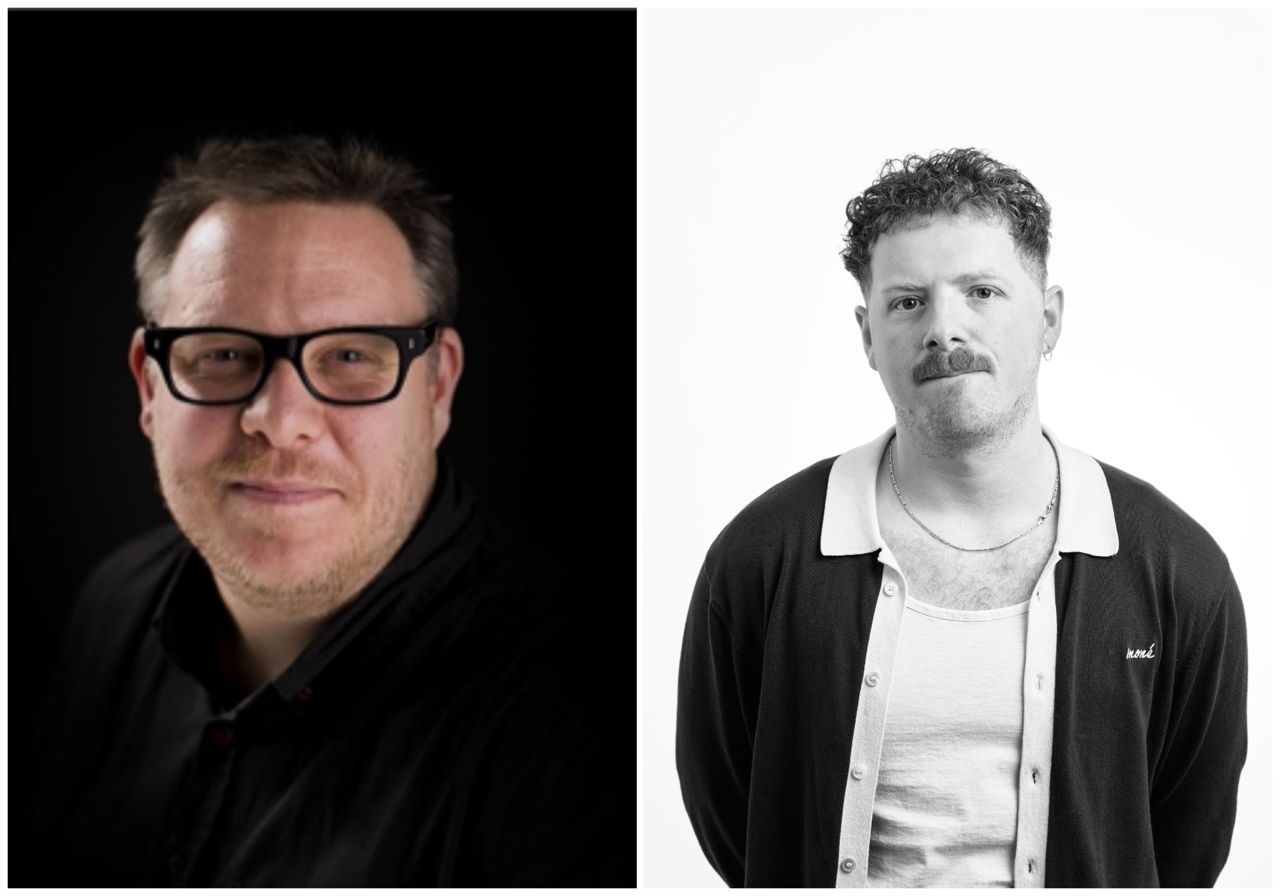
Above: David Balko and Mike Barcroft.
Mike Barcroft, Innovation Strategist, Cream
Alcohol has been embedded in the British cultural psyche since time began. From Chaucerian mead to cocktails in the city, there are few cultural institutions that have sustained relevance quite like drinking culture. But, with emerging generations challenging the status quo on myriad ingrained traditions, is our collective love affair with alcohol set to change irreversibly?
Experts point to a number of factors to explain the generational drop off toward drinking. From awareness of its effects on mental health, image concerns and, put simply, differing social priorities, all are shifting how this new generation of consumers approaches alcohol. In fact, according to the latest data from YouGov, 49% of Gen Z claim their online image is always at the back of their mind when they socialise or drink (unsurprising when one unfortunate, compromising image can make its way to social media and to almost everyone you know in a matter of seconds). Even the once famous university drinking culture is also feeling the effects, with Gen Z prioritising performance above socialising, and 20% conservatively estimated to be tee-total.
If alcohol brands are to maintain relevance with younger audiences, marketers should resist pandering to familiar accepted norms on drinking.
Alcohol brands have been innovating and expanding into the no- and low-alcohol market rapidly over the past few years, a market that surpassed a value of $11 billion in 2022. But, with almost every major alcohol retailer creating no/low-alcohol versions of their hero products, brands are now facing a heavily crowded and over-saturated market. And this shouldn’t be feared, but tackled head on.
The challenge now is how brands can innovate to maintain cultural relevance. For brands to be successful they must remain connected to the social norms of new generations, leaning on psychographic insights to better understand the true wants and needs of audiences, regardless of age or location. If alcohol brands are to maintain relevance with younger audiences, marketers should resist pandering to familiar accepted norms on drinking and heed generational behavioural shifts around social interaction and attitudes to consumerism to build campaigns that better connect with the lifestyles of a new culture.
)

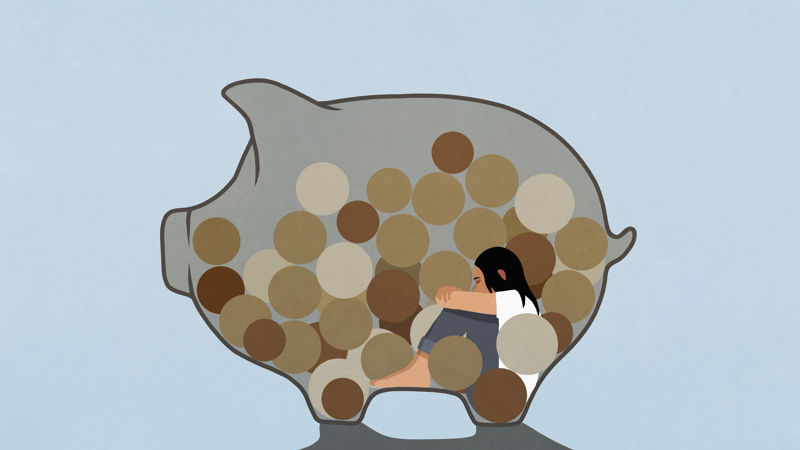


 + membership
+ membership







